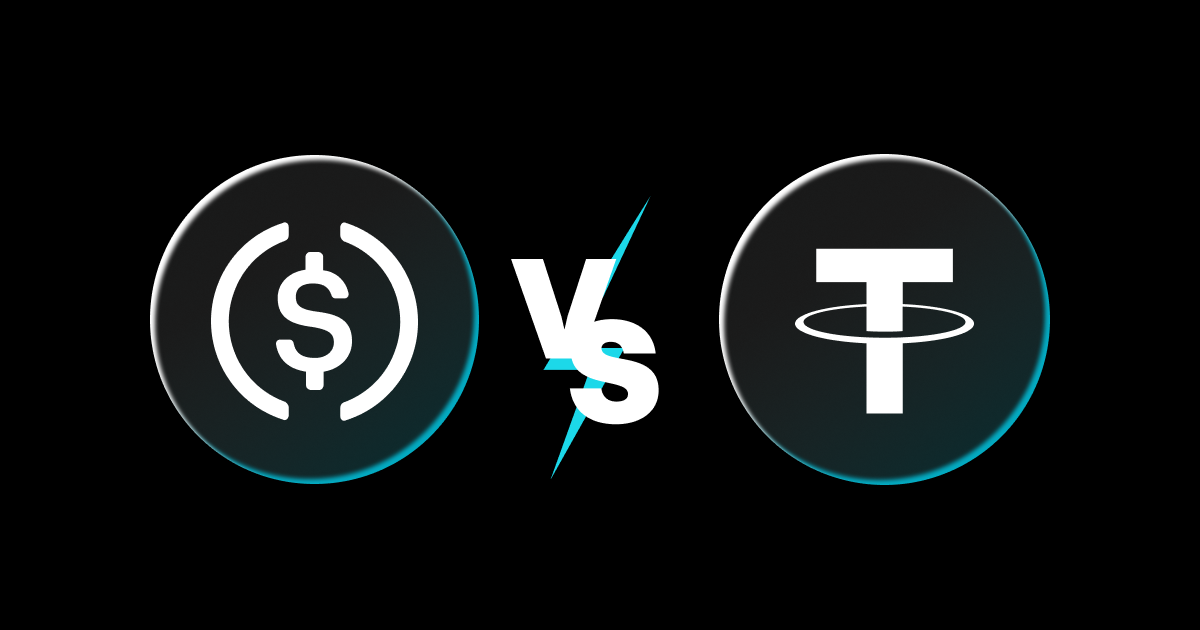
Crypto Taxes: What You Need to Know Before Filing
Cryptocurrency has become increasingly popular in recent years, with more and more people investing in Bitcoin, Ethereum, and Litecoin. However, as with any investment, there are tax implications to consider. In this article, we'll take a closer look at crypto taxes, what you need to know before filing and useful tax tools to simplify the process.
Tax Implications of Cryptocurrency
Cryptocurrency is typically treated as property for tax purposes in many jurisdictions. Similar to real estate or stocks, a taxable event occurs whenever a crypto asset is sold, traded, or otherwise disposed of purchases.
Understanding the tax implications of cryptocurrency is important for individuals and businesses dealing in digital transactions, particularly regarding income tax, capital gains tax, and gift tax. Income tax is levied on cryptocurrency earned as payment or through mining and staking, based on its value at receipt. Capital gains tax is triggered when you sell or exchange crypto, calculated on the difference between your buying and selling prices. Gift tax applies when you give cryptocurrency as a gift, with potential liability for the giver if the gift value exceeds an annual limit.
Reporting Crypto Taxes
The reporting procedures for cryptocurrency taxes can differ considerably across countries due to variations in tax regulations. Regardless of your location, it is required to maintain comprehensive records of all your cryptocurrency transactions. The records should include dates, values in your local currency at the time of the transaction, the purpose of the transaction, and the addresses involved. Let's have examples of how reporting is done in different countries:
- United States: The Internal Revenue Service (IRS) treats cryptocurrencies as property for tax purposes. You will need to report the sale of cryptocurrency on Form 8949, and then Schedule D ( Form 1040), or Form 709 in the case of gift.
- Australia: The Australian Taxation Office (ATO) treats cryptocurrency as a form of property and thus, subject to capital gains tax (CGT). Details of your cryptocurrency transactions must be reported in the Individual Income Tax Returns (IITR).
- United Kingdom: According to guidelines issued by Her Majesty's Revenue and Customs (HMRC), individuals must report income from crypto in the Self Assessment Tax Return (SA100) and any capital gains or losses from crypto in the Self Assessment: Capital Gains Summary (SA108).
Keep in mind that failing to properly report cryptocurrency on your tax return can result in severe penalties. Investors are advised to consult with a tax advisor or legal expert well-versed in cryptocurrency.
Tax Planning Strategies
There are several tax planning strategies that can be used to minimize your crypto taxes. One strategy is to hold onto your cryptocurrency for more than a year to take advantage of the lower long-term capital gains tax rate. Another strategy is to donate your cryptocurrency to a qualified charity, which can provide a tax deduction for the fair market value of the cryptocurrency donated.
Another strategy is to use cryptocurrency losses to offset gains in other investments. This is known as tax-loss harvesting and can help reduce your overall tax liability.
It is also important to consider the tax implications of using cryptocurrency for purchases. If you use cryptocurrency to purchase goods or services, it may be considered a taxable event, and you may be required to report any gains or losses on your tax return.
Crypto Taxes Made Easier With Tax Tools
As the world of cryptocurrency continues to evolve, so does the complexity of managing and reporting crypto taxes. To help the users simplify it, Bitget has partnered with several leading crypto tax tools: CoinTracking, Blockpit, CoinLedger, Koinly, and Coinpanda. These tools are designed to streamline the process of tracking, calculating, and reporting cryptocurrency taxes.
Blockpit.io: The leading European tax tool. Blockpit offers a range of services and tools designed to simplify and enhance your experience in the world of digital assets. Whether you're a crypto enthusiast, trader, or investor, Blockpit provides essential resources to help you manage your digital assets, understand your tax obligations, and stay informed about the latest developments in the crypto space. With features like portfolio tracking, tax reporting, and real-time market data, Blockpit empowers you to navigate the cryptocurrency landscape with confidence and efficiency.
Koinly: Koinly is a crypto tax and portfolio tracking platform that supports over 300 exchanges and 65+ countries. It offers features like API sync, smart transfer matching, and support for DeFi, Margin trades Futures. Koinly allows Bitget users to connect their accounts via API or CSV file, making it easy to import their transaction history and generate tax reports. Koinly's integration with Bitget ensures that figuring out your Bitget taxes and creating your tax report is a straightforward process.
CoinTracking: CoinTracking is a comprehensive platform for tracking, logging, and reporting cryptocurrency. It supports easy import from over 110 exchanges, automatic import via APIs, and direct sync with the blockchain. CoinTracking offers 25 customizable crypto reports, interactive charts for trades and coins, and both realized and unrealized gains reports. It also provides tax reports for over 100 countries, supporting 13 tax methods.
Coinpanda: Coinpanda is a crypto tax and portfolio software that helps users calculate and report their crypto taxes. It supports over 800 exchanges, DeFi, NFTs, and provides free tax reports. Coinpanda allows Bitget users to connect their accounts via API or CSV file, making it easy to import their transaction history and generate tax reports. It offers features like automatic import of transactions, capital gains report, futures and margin trading, and support for 65+ countries.
Conclusion
Cryptocurrency is a rapidly evolving area of investment, and it is important to understand the tax implications before investing. If you have bought or sold cryptocurrency during the tax year, it is important to report it on your tax return accurately. Keeping accurate records of all transactions and using tax planning strategies can help minimize your crypto taxes. As always, it is recommended that you consult with a tax professional for guidance on your specific situation.
In summary, understanding crypto taxes is essential for anyone investing in cryptocurrencies. Cryptocurrencies are considered property by the IRS and are therefore subject to capital gains tax. Reporting crypto taxes accurately requires keeping accurate records of all transactions and using tax planning strategies such as holding onto cryptocurrencies for more than a year or donating them to charity. With increased enforcement efforts by the IRS and other countries around the world, it is more important than ever to ensure compliance with crypto tax laws.




